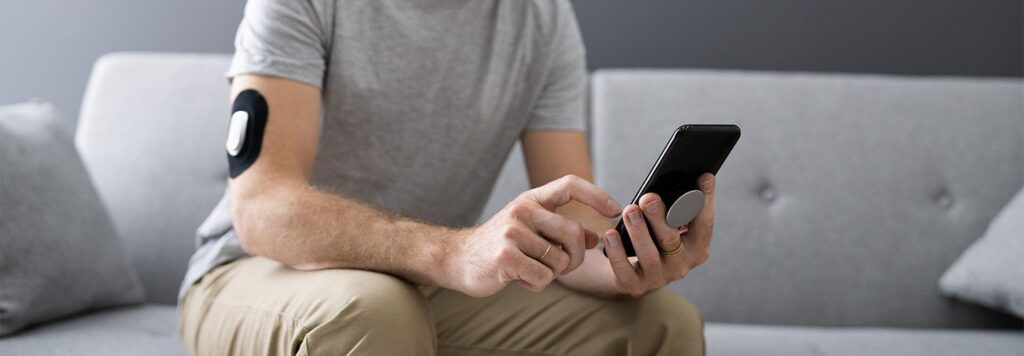In the realm of health technology, glucose monitors have long been associated with diabetes management. However, an emerging trend raises the question: Are glucose monitors beneficial for individuals without diabetes? Let’s delve into this topic to understand the potential advantages and considerations.
Understanding Glucose Monitors
Glucose monitors, also known as glucometers, are devices used to measure blood glucose levels. Typically, they involve pricking the finger to obtain a blood sample, which is then analyzed by the monitor. These devices are invaluable tools for diabetics to monitor and manage their blood sugar levels.
Benefits of Glucose Monitors for Non-Diabetics
Health Tracking Beyond Diabetes
Incorporating glucose monitors into the health regimen of non-diabetics offers valuable insights into overall health. By tracking blood sugar levels, individuals can identify potential issues such as insulin resistance or prediabetes, enabling proactive management.
Performance Optimization
Athletes and fitness enthusiasts can benefit from glucose monitoring to optimize performance. Understanding how dietary choices impact blood glucose levels can aid in fueling workouts effectively and enhancing recovery.
Must Read Continuous Glucose Monitors: Health Fad or the Future of Wellbeing?
Weight Management
For those striving to maintain or achieve a healthy weight, monitoring blood glucose levels can provide valuable feedback on dietary choices. Recognizing foods that cause blood sugar spikes can support more balanced and nutritious eating habits.
Stress Management
Fluctuations in blood sugar levels can impact energy levels and mood. By monitoring glucose levels, individuals can gain insights into how stress and lifestyle factors influence their physiological responses, empowering them to make lifestyle adjustments for better well-being.
Preventive Health Screening
Regular monitoring of blood glucose levels can serve as an early warning system for potential health issues. Detecting abnormalities early allows for timely intervention and preventive measures, reducing the risk of developing chronic conditions like diabetes.
Considerations for Non-Diabetic Glucose Monitoring
Cost
Glucose monitors and testing supplies can incur ongoing expenses. Non-diabetics considering glucose monitoring should weigh the cost against the perceived benefits and their financial resources.
Inconvenience
The process of blood glucose monitoring, including finger pricking and testing, may be perceived as inconvenient by some individuals. However, advancements in technology have led to the development of less invasive monitoring methods, such as continuous glucose monitoring (CGM) systems.
Read More: How Can I Get a Continuous Glucose Monitor?
Interpretation of Results
Non-diabetics may require guidance in interpreting glucose monitoring results effectively. Consulting with healthcare professionals or nutritionists can help individuals understand their readings and make informed decisions regarding lifestyle modifications.
Psychological Impact
Constant monitoring of blood glucose levels may induce anxiety or stress in some individuals. It’s essential to strike a balance between monitoring for health benefits and avoiding undue psychological distress.
Read Guide about Wegovy Dosage Guide: The Best Way For Weight Loss
Conclusion
While traditionally associated with diabetes management, glucose monitors offer potential benefits for individuals without diabetes. From optimizing performance to supporting preventive health measures, non-diabetic glucose monitoring can empower individuals to take proactive steps toward better health. However, it’s crucial to consider the associated costs, inconvenience, and psychological factors when integrating glucose monitoring into a non-diabetic lifestyle. With careful consideration and guidance, glucose monitors can become valuable tools for promoting overall well-being and vitality.


